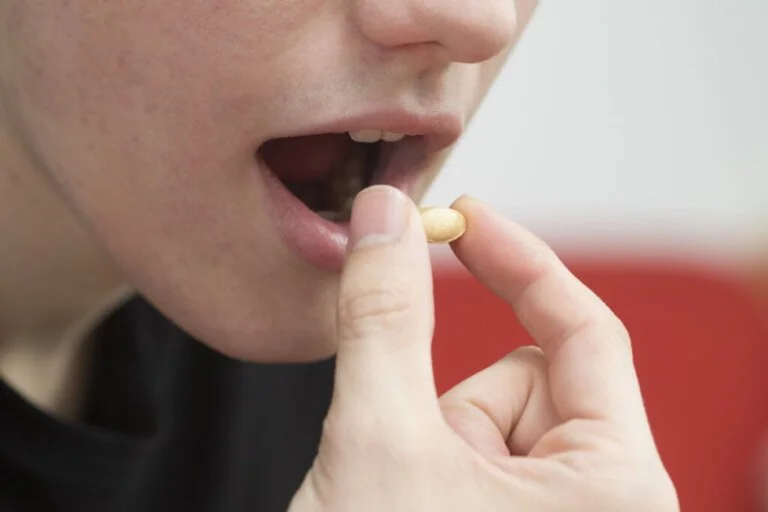It is easy to diagnose tics based on the characteristics of these involuntary movements, but it is necessary to take into account the following criteria to determine which of the three types of tics it is: Tourette’s disorder, chronic and transient tics.

1. – In the three clinical forms, they appear before the age of 21 and there is no CNS disease (chorea or encephalitis) or intoxication by psychoactive substances.
2. – In all three types they appear several times a day, but in transient tics they only last a few weeks and never more than twelve months as in the other two.
3. – In chronic tics there is only one motor or verbal type, but never both as in Tourette’s.
Differential diagnosis: we have already established how the diagnosis is made between the clinical forms, but it is also necessary to make a differential diagnosis with «psychogenic cough», which is ruled out due to its monosymptomatic nature.
Amphetamine intoxication, cerebrovascular accidents, Wilson’s disease, Sydenham’s chorea, Huntington’s chorea, multiple sclerosis, and tic disorders are different, since they distinguish symptoms, signs, evolution, and abnormalities. Physiological proven by laboratory tests and none of them presents similar vocalizations. They must also be differentiated from obsessive movements because they are accompanied by personality traits: from motor habits since they are easily controlled by the will.
Evolution and complications of tics
Tics can start in childhood or early adolescence. Usually (except in transient tic), it is of long evolution, and has a chronic course. Complications relate to the damage that can be done with repeated movement, hitting the head. Shake, scratch the skin.
Tic Treatment Prognosis
Although tics can interfere with a person’s activities of daily living, the impairment is not marked. They may disappear in adult life.
Transient tics are generally mild and do not require special treatment. Severe and persistent tics (chronic or Tourette’s) are difficult to treat. We can apply three types of therapeutics that are not excluded: psychomotor, psychotherapeutic and pharmacological.
The psychomotor method includes gymnastics in front of the mirror, performing the same movement on the healthy side, methodical muscle stretching exercise. Some specialists recommend repeating the movement for half an hour daily or one hour every three days for three weeks, rest for three and start again.
Relaxation techniques, brief and family psychotherapy have been used. You should try to find the reasons for the conflicts, avoid criticism, comparisons and pressure on school performance. Medications produce little change. The use of haloperidol has been beneficial in some cases. Stimulants are harmful.


